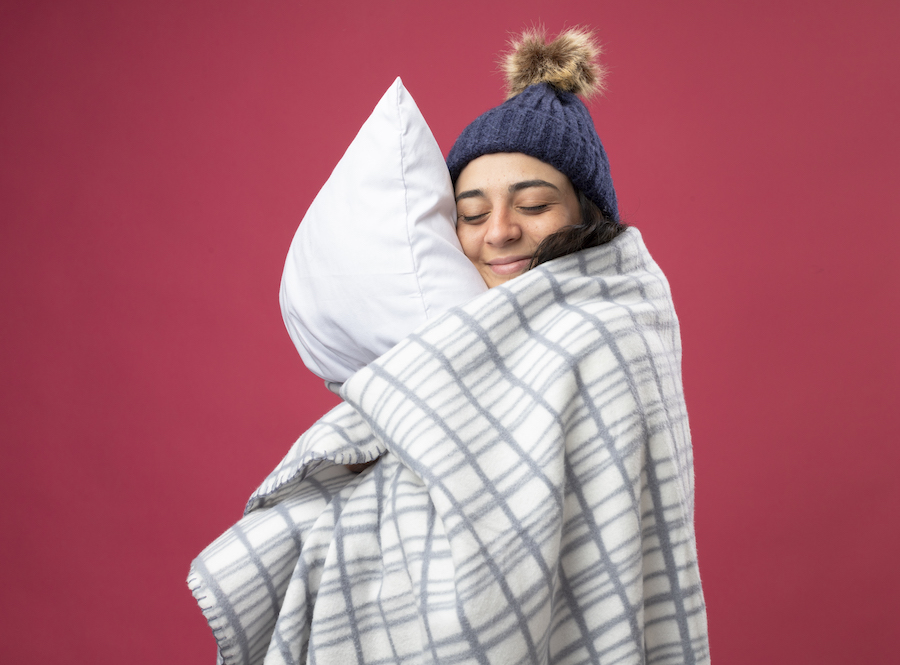
Does Sleep Apnea Get Worse in the Winter?
November 10, 2023 9:00 amWinter brings a host of changes, from colder temperatures to shorter days and longer nights. For individuals with sleep apnea, a common sleep disorder that causes repeated interruptions in breathing during sleep, this change in season can sometimes lead to worsened symptoms.
While sleep apnea doesn’t directly get worse due to the winter season, several factors associated with winter can affect the condition.
Winter and Your Sleep
One of the most significant factors impacting sleep apnea in winter is dry air. Cold air holds less moisture, which can result in dry throat and nasal passages. This can make it more difficult to breathe and can lead to increased snoring and episodes of apnea, where breathing stops momentarily.
Not to mention, winter can bring its own set of allergens, such as mold and dust mites, which can trigger or worsen seasonal allergies. Allergies can lead to nasal congestion, further obstructing airways and making sleep apnea symptoms more pronounced.
Other factors that may worsen sleep apnea symptoms during the colder months include:
- Reduced physical activity during the holidays
- Increased alcohol consumption during gatherings
- Increased stress during the holidays
Navigating Sleep Apnea During Winter
To mitigate the impact of winter on sleep apnea, we encourage you to consider the following tips:
- Use a humidifier in your bedroom to add moisture to the air and prevent dry throat and nasal passages.
- Continue your exercise routine or engage in indoor activities to maintain a healthy weight.
- Be mindful of your alcohol consumption, especially before bedtime.
- Ensure that your CPAP machine or oral appliance (if prescribed) is properly adjusted for the season and functioning optimally.
Struggling with Sleep Apnea in Raleigh, NC? Contact RespAir Sleep!
With all the seasonal changes, it’s easy to see why it may seem like sleep apnea gets worse in winter. However, with a few minor changes and efforts to protect and prepare your sleep environment, you can better manage the condition year-round. Contact us today to learn more!
Image by stockking on FreepikCategorised in: Sleep Apnea

